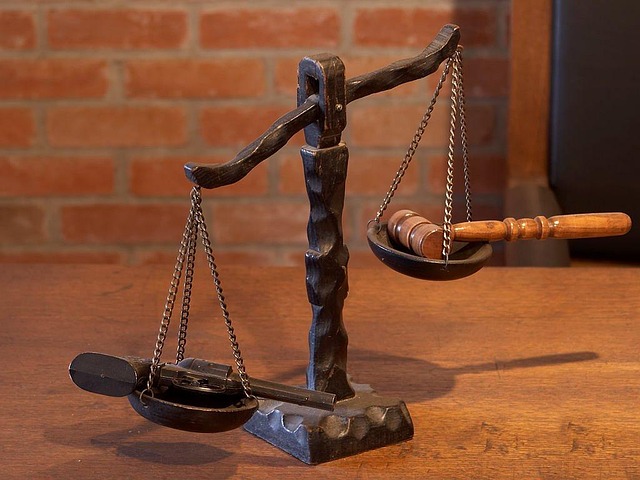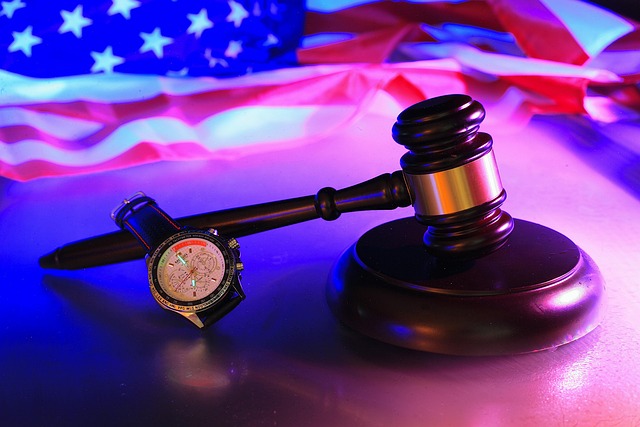Securities Class Actions leverage collective legal strategies to hold wrongdoers accountable in the securities market through thorough investigations, evidence gathering, and empaneling a criminal jury. This democratic process ensures transparency, fairness, and justice in high-stakes lawsuits by selecting a diverse group of community members to scrutinize evidence and make informed decisions. Navigating the Process of Empaneling a Criminal Jury requires strategic juror screening and individual voir dire to ensure an impartial and knowledgeable panel capable of understanding complex securities law issues.
Securities Class Actions: Unraveling the Complexities through Empaneling a Criminal Jury. This comprehensive guide offers an in-depth look at the process, from understanding securities class actions to their crucial role in litigation. We explore the significance of empaneling a criminal jury, delving into each step for effective navigation. Discover how this mechanism ensures accountability and provides a fair hearing. Learn about the intricate tapestry of regulations, strategies, and legal procedures that make up this vital aspect of financial justice.
- Understanding Securities Class Actions: A Comprehensive Overview
- The Role of Empaneling a Criminal Jury in Securities Litigation
- Navigating the Process: Step-by-Step Guide to Effective Empanelment
Understanding Securities Class Actions: A Comprehensive Overview

Securities Class Actions involve a collective legal process where investors with similar claims unite to hold wrongdoers accountable for fraud or misconduct in the securities market. This comprehensive approach ensures that individuals affected by unethical practices can band together, leveraging shared resources and expertise. The process begins with thorough investigations into allegations of violations, often involving complex financial transactions and intricate corporate structures. Legal professionals specializing in these matters play a pivotal role in gathering evidence, identifying liable parties, and constructing robust legal strategies.
One key aspect of securities class actions is the process of empaneling a criminal jury. In many cases, these high-stakes lawsuits culminate in jury trials where a group of citizens carefully scrutinizes the evidence presented. This democratic element is crucial for ensuring transparency and accountability, especially when dealing with white-collar and economic crimes that can be intricate and difficult to decipher. Jury trials provide a platform for all stakeholders’ voices to be heard, fostering a sense of justice and fairness within the legal system, ultimately making it a significant component in securing redress for aggrieved investors.
The Role of Empaneling a Criminal Jury in Securities Litigation

In securities litigation, one of the most significant components of the legal process is the empaneling of a criminal jury. This involves selecting a group of individuals from the community who will listen to evidence and decide on the outcome of the case. The jury’s decision can have profound implications, especially in high-stakes cases where billions of dollars are at stake and the reputation of large corporations or individuals is on the line. The process of empaneling a criminal jury is meticulous, ensuring that the final panel represents a cross-section of the philanthropic and political communities, reflecting society’s diverse makeup.
Jurors are chosen through a thorough screening process to guarantee impartiality and an understanding of complex financial matters. This includes questioning potential jurors about their backgrounds, experiences, and any biases or conflicts of interest. The goal is not only to select individuals who can make an informed decision but also to ensure that the final jury can navigate the intricate details of securities law and understand the broader impact of their verdict on all involved parties, including the affected communities.
Navigating the Process: Step-by-Step Guide to Effective Empanelment

Navigating the Process of Empaneling a Criminal Jury is a crucial step for any lawyer aiming for a winning challenging defense verdict. It’s not merely about selecting individuals; it’s an art that requires strategic consideration at every stage. The process begins with thorough juror screening, involving an examination of potential biases, experiences, and knowledge related to the case. Lawyers must delve into this initial phase meticulously, as it lays the groundwork for a fair and impartial jury.
Once preliminary jurors are identified, the all stages of the investigative and enforcement process come into play. This includes individual voir dire, where lawyers query potential jurors privately, uncovering hidden biases or prejudices. The goal is to create a diverse yet compatible panel that understands the complexities of the case. Effective empaneling involves striking a balance between removing biased individuals and selecting those who can provide balanced perspectives, ultimately ensuring a just outcome for all clients involved.
Securities class actions, a complex legal landscape, require a thorough understanding of the process of empaneling a criminal jury. By delving into the steps outlined in this article, from defining the case to selecting jurors, legal professionals can effectively navigate the challenges of these cases. The role of the jury is pivotal in reaching just outcomes, making each stage of empanelment a crucial step towards ensuring fairness and accountability in securities litigation.






